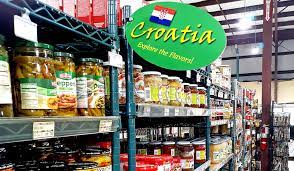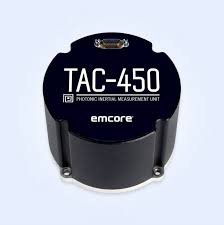On Wednesday, Croatian authorities advised the public to limit their water intake to tap water while they looked into many reports of people being ill and getting hurt that they said were caused by bottled water.
Many people have sought medical attention for “injuries inflicted by suspected chemical elements,” according to Health Minister Vili Beros. The majority would be sent home after exhibiting only minor symptoms, he said.
The “suspected” products were ordered to be removed from stores, eateries, and other locations by health authorities. Although the products being pulled were not disclosed, images posted on social media from stores seemed to identify them as Coca-Cola products.
Later, Coca-Cola said in Croatia that some of its products are being “temporarily” withdrawn, “despite the fact that our internal analysis has not revealed irregularities in the production or in the products.”
According to preliminary findings, two cases have been directly connected to the consumption of specific drinks; the remaining cases are still being investigated, according to Beros. “Caution is necessary, but panic is not necessary.”
In a statement, the Coca-Cola Company in Croatia promised complete collaboration. It also sent samples for analysis, claiming to have completed an internal investigation that “showed no discrepancies in our production.”
The state prosecutor’s office and police were conducting an investigation. Beros stated, “Until then, we generally advise drinking the water system, which should be safe.”
A man was hospitalized over the weekend in the northern Adriatic port of Rijeka after consuming carbonated bottled water in a cafe, prompting reports of suspected poisoning. A college student reportedly suffered injuries on Tuesday after consuming Coca-Cola.
Both events were connected to Coca-Cola beverages. The student in Zagreb is claimed to have drunk Coca-Cola from a plastic bottle he took from a faculty machine, while the man in Rijeka apparently drank Romerquelle Emotion Blueberry Pomegranate from a glass bottle.
In May, there had been a prior report of a similar case.
The man had treatment on Tuesday for chemical injuries to his esophagus, according to a Rijeka hospital.
“We need to investigate if there are any additional components in the beverage, as those are likely some caustic substances,” stated Krunoslav Capak, the director of Croatia’s Public Health Institute.

















